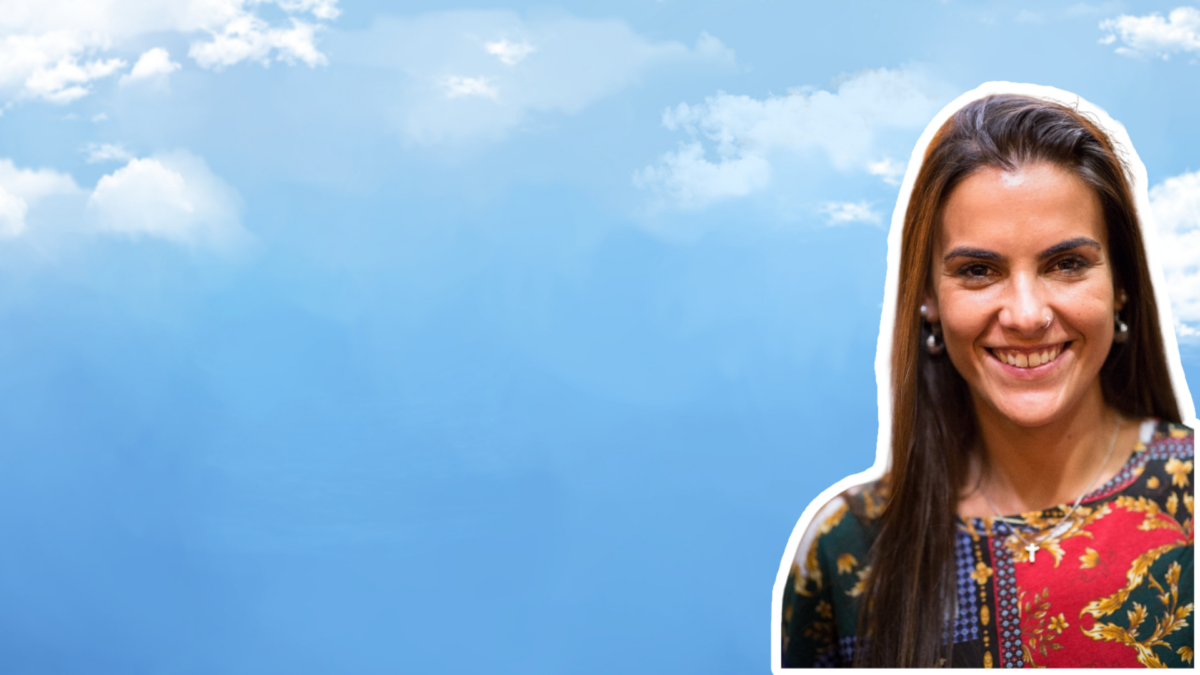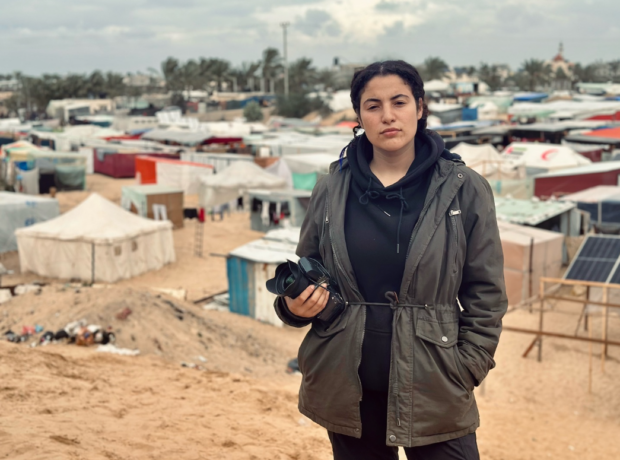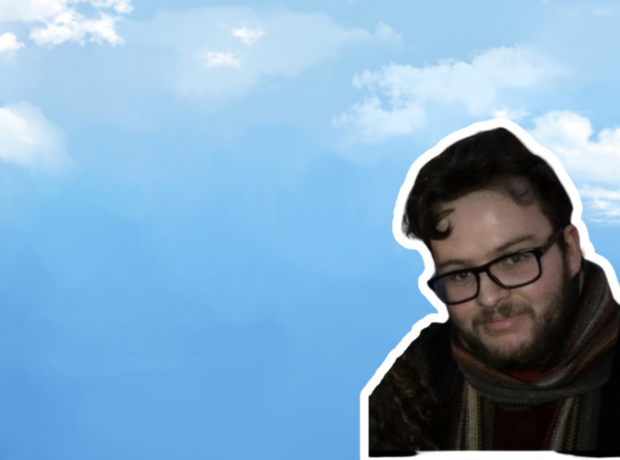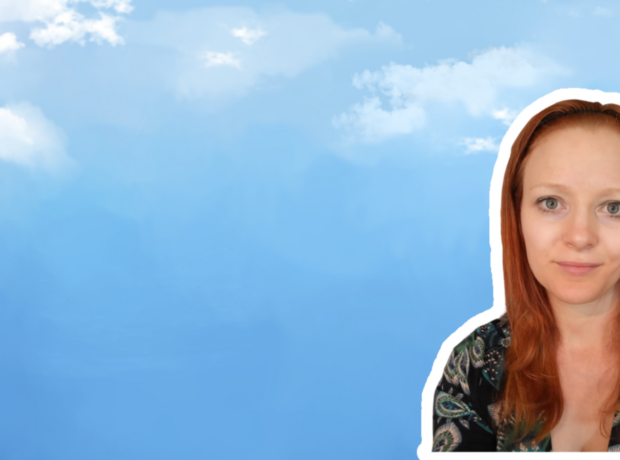How do you become an international humanitarian aid worker? What qualifications do you need and are the jobs well paid? Humanitarian and programme coordinator Filipa Coutinho, who works across 95 camps in Yemen, shares her route into the career and offers advice for aspiring humanitarians.
How did you become a humanitarian?
“I’m in my 30s now and many of my friends are still wondering what their purpose in life is, but I never had that uncertainty. I’ve always known this is what I wanted to do. When I was 11, I told my mum and dad that I wanted to be a war journalist. I can’t remember which war was going on back then, but I remember seeing lots of conflict on the TV. Later on, during my first gap year, I realised that I didn’t really want to be a journalist – what I was interested in was the war part of it and I wanted a humanitarian career. So, I took international relations and political science as a degree in Lisbon instead, and that’s where things started shaping towards a humanitarian career.”
“I did another gap year in Palestine in the middle of university and realised I wanted a field job so when I graduated, I started looking. Back then, I didn’t know the difference between development and emergency response. It was all helping people! So, I got a job and spent two years with a social impact NGO working for Mozambique. When I realised that I wanted to get into emergency response, I went to Warwick to do the master’s in Humanitarian Engineering, otherwise I wouldn’t be eligible for most positions. After Warwick, I flew back to Mozambique, and I knocked on every UN agency door asking for a job. Four days later I got a job and it’s now been two years.”
What is Camp Coordination and Camp Management (CCCM) and what does your job entail?
“An emergency response is organised through “clusters” – working groups of humanitarian organisations implementing projects in the different sectors, such as Water, Sanitation and Hygiene (WaSH); Shelter; Food; Education; Health and Protection. Camp Coordination and Management (CCCM) is one of the clusters and its role is to enable coordination, inform and provide data to the other clusters/partners on how to provide services to camps. We do this through site visits, community engagement, coordination with authorities, and information management.
“Right now, in Yemen I have 95 camps and we monitor the service provision in each one. In every camp we have to know exactly how many households are there, and for that number of households we know we need X amount of shelters, latrines, drinking water, schools nearby, health facilities, etc. My job is to identify the gaps and make sure all the mechanisms are there to engage with the communities and with the local authorities so that I have the correct data to refer and advocate with partners.
“There’s a difference between refugees and IDPs [internally displaced people]. A refugee has to cross a border, whereas an IDP stays within the same country. In Yemen, we have a civil war – and in Mozambique where I was before, it was the same – and people are fleeing places they have lived and worked their whole lives with limited items and no livelihoods. Yemen is a very low-income country anyway so it’s hard to create new opportunities, especially in times of war. Hence people just establish themselves in what we call “informal settlements”, because in Yemen there are no land agreements so it’s hard to do site planning. It’s our job to give them as many services as we can in the most sustainable way possible.”
What challenges do you face in your job as a humanitarian?
“It’s not a very stable job but it’s a fun one, for sure, with lots of challenges. One hard part of my job is the personal difficulty of being away from home. That sense of adventure coming from travelling all the time in the first years of my career has gone quite quickly. It’s hard to be away all the time, sometimes I just want to be home for my family and friends’ birthdays and have a “normal” life. In the end, that’s what truly matters, so I find very important getting that balance.
“I do two months in a row in Yemen, and then I come home for one or two weeks. It’s very demanding. I’ve had burn out before and I know that work is not the ultimate goal and career is not everything. On the other hand, I absolutely love what I do and I’m not ready to give it up. So, I have to invest a lot in calls with family and making sure that when I’m on holiday I’m really on holiday. I don’t touch my WhatsApp or emails.”
What about the challenges working in CCCM specifically?
“Within the job, the biggest challenge is prioritising. I’m managing 35 people across three bases with 95 camps, it’s a big responsibility to decide which is the fire I need to put out first. And you can be sure there is always a fire going on. Sometimes it’s hard to prioritise between people’s needs, accountability towards donors of a project, internal organisation, or an HR drama because two team members are fighting for some silly reason. I have to multi-task all day, every day.
“The biggest skill I need is to be very organised. If I’m stressed, I calm myself down by making a list and take it one thing at a time. I believe we all have to invest in our personal strengths and our talents. So, if I had a slow job I would be bored, and probably it would be hard for people with other personalities to do my job.
“The humanitarian career is better than I’d imagined. I didn’t know about the CCCM cluster before. I knew in humanitarianism you have people in “Programme” that implement projects in the different sectors, and then you have the support departments (Finance, HR, Logistics, Compliance, etc.). I always thought my drive for operations and for organisation would lead me towards a support department. I didn’t know there was a cluster for coordination within programmes.”
What have you learnt so far about humanitarian work?
“I’ve learnt that we can’t change everything at once. Yes, there will be problems, corruption, unfairness, like we see in other industries and other parts of our lives. We can’t make things perfect. It might take another 10, 20, 30 years to evolve to the level we think we should already be at today. And maybe in 30 years we’ll need another type of revolution. But the UN first started to ensure peace 70 years ago and then evolved towards aid during the famines, and now it’s more focused on disasters and different types of conflict. Like any other sector, it’s always transforming and it needs constant evolution. I’m still too young to say “it doesn’t work, it’s too slow” and I’m too young to give up.”
How do other people view humanitarian work and humanitarians?
“Everybody I know who isn’t in the sector romanticises humanitarian work. It’s an important job, for sure, and I believe 100% in what I do. But people say “You’re such a hero! Are you a volunteer?” No! I have a job, a salary, a boss, and I provide a service to an organization like what happens in other careers. People think we’re Mother Theresa, but it’s not like that.”
How do you find work-life balance as a humanitarian?
“It’s important to keep believing in what we do and remembering why we do it. Our career is not everything so we should find a way to make sure we are happy in our personal lives too, so that we can have a good overall balance. Don’t put all your energy into your career and forget about everything else.” I avoid working on the weekends, aim to wake up earlier to have personal time before work, and make sure I compensate myself after difficult periods by travelling, and spending quality time with my family and friends.”
What advice would you give to aspiring humanitarians looking for their first job?
“Like other industries, in humanitarianism your network is very important. Make contacts, use LinkedIn to chase people and get advice, attend conferences, talk to people. It’s about right time, right place, right people. I started because I flew somewhere and then knocked on doors. Don’t be afraid to take risks.
“In many sectors, they ask you for three years’ experience, but how can you get started without that? It’s very tricky. Internships are useful, as are other experiences. Some of my colleagues started when they flew to Greece during the Mediterranean refugee crisis. There was no formal response there, but they got a basic understanding of what the needs are in a camp. I got the job in Mozambique mainly because I spoke Portuguese. So, know your strengths and where you can add value. And remember it’s not all about going straight to the dream job.”
How did the humanitarian engineering master’s support you to find a humanitarian job?
“The humanitarian engineering course was super inspiring for me. Taking a year to go back to school was very refreshing, being able to invest in my education and learning. I never felt so energetic and so ready to kick ass as when I finished the master’s! I flew to Mozambique feeling “I know I’ve got it! I just need other people to see that I’ve got it!” And it took me literally four days to get a job.
“I also found it valuable to work after my bachelor’s, to understand exactly what I wanted to do, so that the master’s could really add value to my career. When I applied to Warwick I had already worked for three years. I think it’s important to take time between a bachelor’s and a master’s.”
What advice would you give to newcomers entering the humanitarian sector?
“Understand your personal strengths and play to them. Research the industry, the sector and the humanitarian clusters and understand where you could best add value to the response. For example, if you’re an architect, why not focus on working in shelter? Engineers can do WaSH, lawyers can do protection, maths people can do food, doctors can do health, Humanities can do Grants and Project Development, or other support departments like communication… there is room for everybody, it only takes determination.
“Take risks! I didn’t have the experience needed for the jobs I wanted, but I flew to a place where I spoke the language and where the emergency was escalating. I talked to people via LinkedIn and exhausted my contacts. Reach out to people, don’t be shy, play the network. If you’re motivated, you’ll get something sooner or later. After the first job, everything comes more naturally.
“Stay inspired, ask why and keep challenging and questioning the system. The questions I had two years ago, I still have them today. In CCCM, in the UN, and in development in general, nothing is written in stone. For example, the things I did in Mozambique are very different to the things I do in Yemen. The questions you have as a newcomer may seem unimportant but they can often set things on fire. So, don’t be afraid to ask questions and challenge the way things are done because that’s what makes things evolve.”
Follow Filipa’s work via LinkedIn or contact her via filipamcoutinho@gmail.com | +351915702100.
This is one in a series of human rights careers interviews, advising on the first steps to securing a job that makes a difference. Read more here:
- How to be a charity campaigner
- How to be a human rights journalist
- Building a human rights career: What are my options?
If you work in a human rights-related career and want to share your story, get in touch with us at hello@lacuna.org.uk



